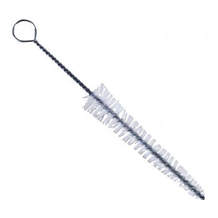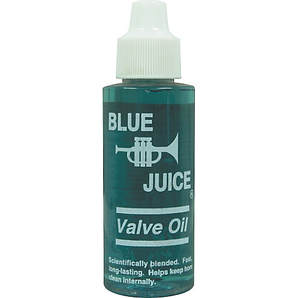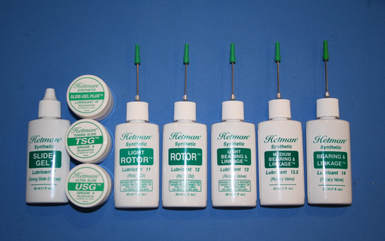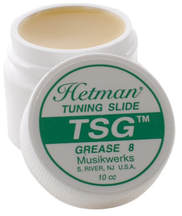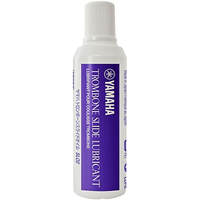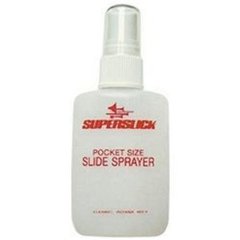Brass
|
Mouthpiece cleanliness. Often times, students go straight from eating to playing their instruments. This results in food getting spit into their mouthpieces, where it accumulates in the cup and the shank (the long skinny part). It starts to accumulate, and rapidly turns into mold, fungus, and other science projects. This starts to then trickle into the instrument, where problems really start to occur. Mouthpieces need to be swabbed out at least bi-weekly, or anytime students see things amassing on/in the mouthpiece. This can be done by flushing the mouthpiece with warm water, and swabbing it out with a mouthpiece brush, which can be ordered from any music store for a couple bucks. (larger mouthpieces like trombone and tuba ones can use a Q-tip to get inside the shank in a pinch, though the harder bristles of the brush will be better at scraping away the junk inside) The cup can be wiped out with a damp cloth, and if there are any hard to remove chunks, the mouthpiece brush can be used here as well. A good test is taking the mouthpiece (even an old one), pointing it to a light, and looking through the cup. It should gleam with the reflection of the light if clean. Unclean mouthpieces will be drab, and may even have chunks of grossness. I always ask our students if they would want to lick a moldy piece of bread; most of them say no. However, a few mouthpieces today were even worse than that, and they put their lips on them every day!!! Here is a picture of a mouthpiece brush; when buying, ask for the type of instrument your student play, as they are not one-size-fits-all. (trumpet mouthpiece brush, trombone mouthpiece brush, etc.)
Valves. (trumpets, euphonium, tuba) Valves should be oiled whenever they start to become dry; usually this amounts to every other week or so. Going back to the mouthpieces, if food has been spit into the instrument, it often starts to accumulate in the valves. This makes them sticky and hard to move up and down quickly, affecting the playing ability of the student. If you take out a valve (start with the one nearest the mouthpiece, the first valve) you can often see a greenish-gray film of mold amassing on the silver valve casing. Also, in the holes of the valve, you may see other colors of mold accumulating. This can usually be removed by wiping the valve off with a damp cloth, running the cloth through the valve casing on the instrument as well, and lastly, through the valve holes. Rotors. (French horn, trombones with an F attachment) These can be very tricky to get to, but need to be clean. Taking out the slide leading to the valve and using a cleaning snake is a good way to keep the rotor area clean from residue. To oil the rotors, use a synthetic rotor oil, which is different than valve oil used for the other instruments. (see picture) Tuning Slides. Tuning slides are things that require very little maintenance, but is amongst the most important things to do for your instrument. The tuning slides need to be able to move, because it is the thing brass players use to tune themselves to the rest of the ensemble. If you can’t adjust the tuning slides, you can’t play in tune. This can be done once a month, or whenever the slides get stick and don’t want to move. Trumpet players need to keep their third valve “kick” slide in tip-top shape too, because that slide is used to tune individual notes. Tuning slide grease is available at any music store, and is very inexpensive. Trombone slides. The trombone slide is one of the least cared for parts of any instrument in the band family. This needs to be well lubricated at all times to enable it to be able to move freely and easily. Students also need to be careful not to knock the slide on anything, because the slide metal is very thin and can be dented quite easily. To properly grease the slide, take a damp cloth and wipe away old grease, mold, etc. Then, use a proper slide product (I recommend the Yamaha trombone slide lubricant, pictured here). Lastly, use a spray bottle to moisten the slide with water. This spray bottle should be used every time a student plays the trombone; if done in this way, you only need to re-grease the slide every week or so. General Cleaning: About twice per year (maybe once a year if you really take care of your instrument), your instrument needs to be fully cleaned. A great way to do this at home is giving your horn a bath. Fill your bathtub with lukewarm water; take all the slides and valves out, and put them all in the water for 15-20 minutes. (take care you do not mix up the valves!!!) After they soak, run the cleaning snake and mouthpiece brush through everything to get the gunk out…you may see some colorful water. Before putting the horn back together, grease all the tuning slides, and oil all the valves and rotors. Trombones, use your slide lubricant and take care of the slide. Your horn will work like new! If you would like the professionals to do this for you, you can send it in and they will clean it with a special ultrasonic machine, getting it spic and span in no time. They will also take care of greasing and oiling everything for you. Where to order materials: Oswego High School works with two music stores in the area, and either of them will be able to get you what you need. If you call them, they will deliver anything you order right to the school; you don’t even need to leave the house!!! Just to recap… All Brass: mouthpiece brush, cleaning snake, tuning slide grease. Trumpets, euphoniums, tuba: valve oil French horns: rotor oil Trombones: slide lubricant PM Music 4411 Fox Valley Center Drive Aurora, IL 60504 (630) 978-9927 Quinlan and Fabish 291 Montgomery Rd Montgomery, IL 60538 (800) 637-6872 |
